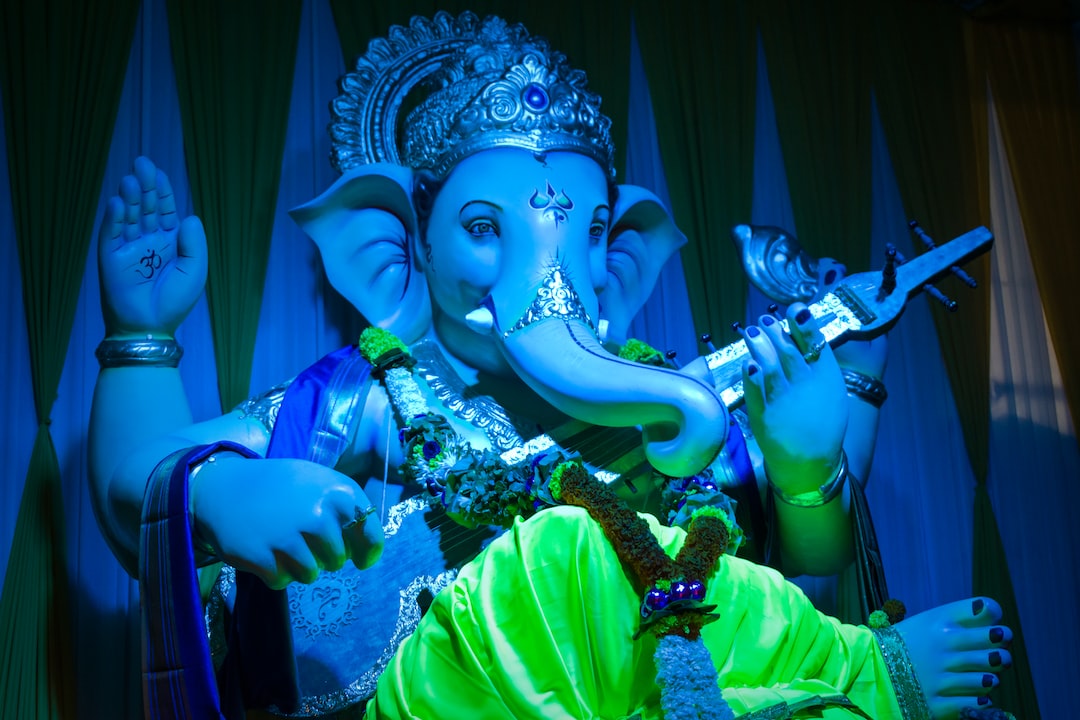Examining the Concept of Faith in Religious Beliefs
Faith is central to religious beliefs. It is the pillar upon which religious institutions and practices stand. Yet, faith is a concept that is often misunderstood and even questioned by skeptics. In this blog post, we will examine the meaning of faith, its significance, and its role in religious beliefs.
Faith, at its core, can be defined as a strong belief or trust in someone or something, often without tangible evidence or proof. In the context of religious beliefs, faith is the cornerstone upon which the relationship between humans and their chosen object of worship is built. It bridges the gap between the seen and the unseen, the known and the unknown.
Certain religious traditions emphasize the importance of faith by considering it a virtue that leads to spiritual growth and enlightenment. For instance, in Christianity, faith is seen as necessary for salvation. It is the belief in Jesus Christ as the savior and acceptance of his sacrifice that grants believers eternal life. In Islam, faith, or “iman,” is considered one of the six pillars of religion, representing the acceptance of Allah as the one true God and Muhammad as his messenger.
While faith is often associated with religious beliefs, it is not exclusive to them. People have faith in various aspects of life – in science, in relationships, in oneself. In essence, faith is a fundamental building block upon which humans construct their worldview and navigate the uncertainties of life.
One of the primary challenges faced when examining faith in religious beliefs is the absence of concrete evidence or empirical proof. Critics argue that blind faith, devoid of rational questioning and critical thinking, can lead to the proliferation of irrational beliefs and dogmas. However, proponents of faith maintain that it transcends reason and can bring comfort, meaning, and purpose to individuals and communities.
It is essential to note that faith is not synonymous with ignorance or blind adherence. In fact, faith often coexists with reason and evidence-based thinking. It is a choice to believe in something unseen, even when faced with doubts and uncertainties. For believers, faith serves as a grounding force that enables them to find solace and hope in times of crisis and uncertainty.
Moreover, faith is a deeply personal experience. It can differ from one individual to another, even within the same religious community. In this sense, faith is not a rigid and monolithic concept. It evolves through personal introspection, spiritual experiences, and a profound exploration of one’s beliefs.
Faith also fosters a sense of community and belonging. Religious beliefs, rooted in faith, provide a shared narrative and common values that bind individuals together. It becomes the moral compass that guides their actions and shapes their relationship with others. Faith, through rituals and ceremonies, creates a shared language and symbolism that promotes social cohesion and cooperation.
However, it is crucial to acknowledge that faith can also be a source of division and conflict. Throughout history, religious differences have led to wars, persecution, and discrimination. The fervent conviction in one’s faith can sometimes blind individuals to the diversity of human experiences and lead to narrow-mindedness. It is, therefore, imperative to promote dialogue and understanding among different faith communities to foster peace and coexistence.
In conclusion, faith is a concept that is deeply intertwined with religious beliefs. It is the bedrock upon which people build their trust and commitment to their chosen object of worship. Faith bridges the gap between the known and the unknown, the seen and the unseen. While critics may question the absence of concrete evidence, believers argue that faith brings comfort and meaning to their lives. It is a personal and evolving experience that can coexist with reason. Faith also fosters a sense of community, creating shared narratives and values. However, it can also lead to division and conflict if not approached with empathy and understanding. So, whether one believes in religious faith or not, it is crucial to respect and engage in dialogue with those who hold different beliefs, as faith is a fundamental aspect of the human experience.

